Premium Only Content
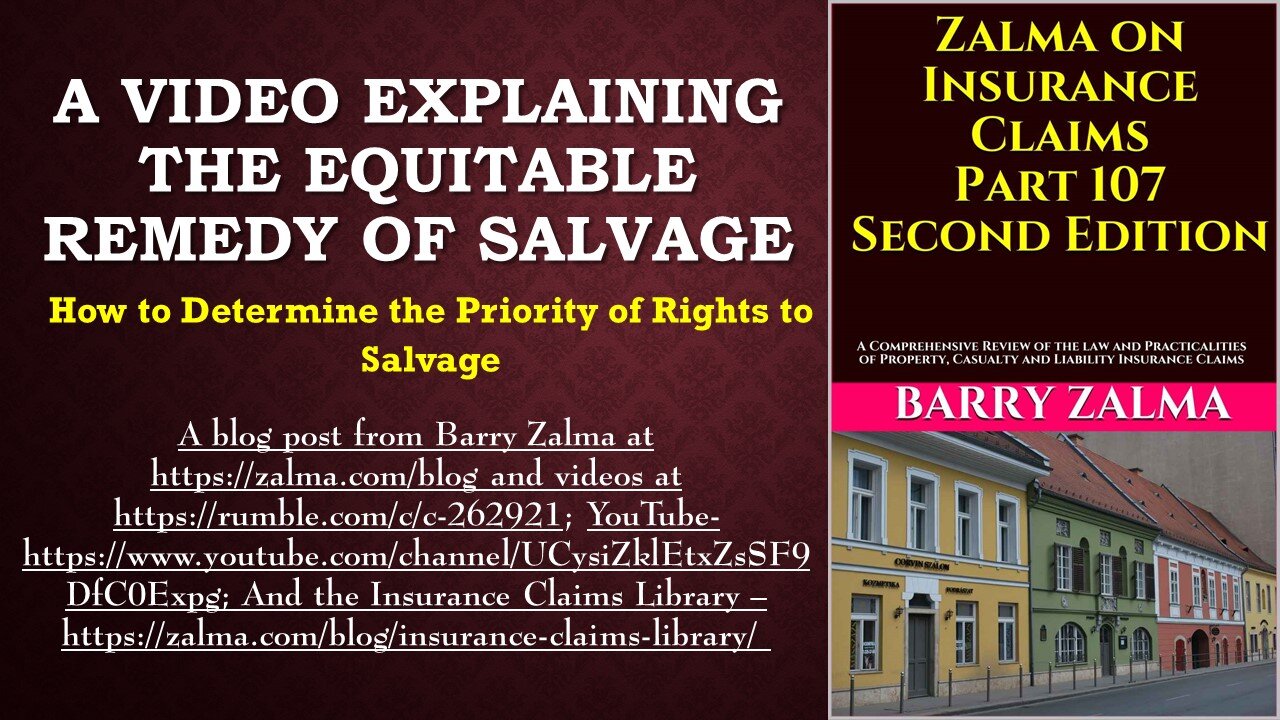
A Video Explaining the Equitable Remedy of Salvage
How to Determine the Priority of Rights to Salvage
One case involved a dispute among three groups of divers for the right to salvage silver from the cargo of a ship sunk and for the title to whatever silver is recovered. In resolving the problem, the court considered the common law of finds that treats property that is abandoned as returned to the state of nature and thus equivalent to property, such as fish or ocean plants, with no prior owner.
The first person to reduce such property to “possession,” either actual or constructive, becomes its owner. [R. Brown, The Law of Personal Property 15 (2d ed. 1955) as cited in Hener v. United States, 525 F. Supp. 350 (S.D.N.Y. 10/15/1981).] A mere “searcher” has no rights in abandoned property even if he succeeds in locating it; in particular, he has no right to exclude others from the attempt to recover it. Any competing searcher is entitled to enter the area where the abandoned property is and to seek to reduce it to his possession, as long as he or she acts without infringing on the concurrent rights of other searchers.
The opinion in Eads v. Brazelton, 22 Ark. 499 (1861) comprehensively sets out the law of finds. It refers to, and relies on, a broad range of authorities for its conclusions, and its premise that a finding requires both intent and some form of possession remains accurate. In Eads, for example, had Brazelton placed his boat over the wreck with the means to raise its valuables, and had he persisted in “efforts directed to raising the lead,” his conduct would have constituted “the only effectual guard over it” and thus a judicially recognizable warning that other “longing occupants” would have been obliged to regard.
© 2021 – Barry Zalma
Barry Zalma, Esq., CFE, now limits his practice to service as an insurance consultant specializing in insurance coverage, insurance claims handling, insurance bad faith and insurance fraud almost
equally for insurers and policyholders. He also serves as an arbitrator or mediator for insurance related disputes. He practiced law in California for more than 44 years as an insurance coverage and claims handling lawyer and more than 52 years in the insurance business. He is available at http://www.zalma.com and zalma@zalma.com.
Mr. Zalma is the first recipient of the first annual Claims Magazine/ACE Legend Award.
Over the last 53 years Barry Zalma has dedicated his life to insurance, insurance claims and the need to defeat insurance fraud. He has created the following library of books and other materials to make it possible for insurers and their claims staff to become insurance claims professionals.
Go to the podcast Zalma On Insurance at https://anchor.fm/barry-zalma; Follow Mr. Zalma on Twitter at https://twitter.com/bzalma; Go to Barry Zalma videos at Rumble.com at https://rumble.com/c/c-262921; Go to Barry Zalma on YouTube- https://www.youtube.com/channel/UCysiZklEtxZsSF9DfC0Expg; Go to the Insurance Claims Library – https://zalma.com/blog/insurance-claims-library/ Read posts from Barry Zalma at https://parler.com/profile/Zalma/posts; and the last two issues of ZIFL at https://zalma.com/zalmas-insurance-fraud-letter-2/
-
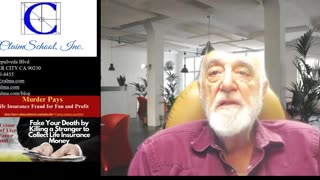 13:02
13:02
Barry Zalma, Inc. on Insurance Law
1 year agoMurder Pays
4071 -
 18:06
18:06
Barry Zalma, Inc. on Insurance Law
4 years agoA Video Explaining the Equitable Remedy of Salvage and Insurance
112 -
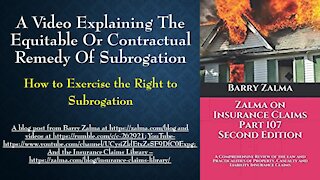 15:46
15:46
Barry Zalma, Inc. on Insurance Law
4 years agoA Video Explaining the Equitable or Contractual Remedy of Subrogation
292 -
 12:16
12:16
Barry Zalma, Inc. on Insurance Law
4 years agoA Video Explaining why There is No Tort Remedy for Non-Insurance Bad Faith
134 -
 13:20
13:20
Barry Zalma, Inc. on Insurance Law
4 years agoA Video Explaining Setting Insurance Reserves
134 -
 13:03
13:03
Barry Zalma, Inc. on Insurance Law
4 years agoA Video Explaining Insurer Underwriting Personnel
123 -
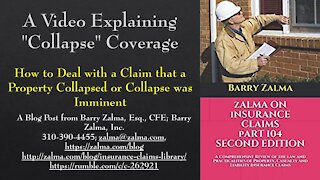 17:01
17:01
Barry Zalma, Inc. on Insurance Law
4 years agoA Video Explaining "Collapse" Coverage
170 -
 18:36
18:36
Barry Zalma, Inc. on Insurance Law
4 years agoA Video Explaining More Construction Defects
103 -
 16:51
16:51
Barry Zalma, Inc. on Insurance Law
4 years agoA Video Explaining the Structure of Insurance
122 -
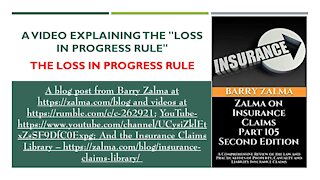 16:29
16:29
Barry Zalma, Inc. on Insurance Law
4 years agoA Video Explaining the "Loss in Progress Rule"
76